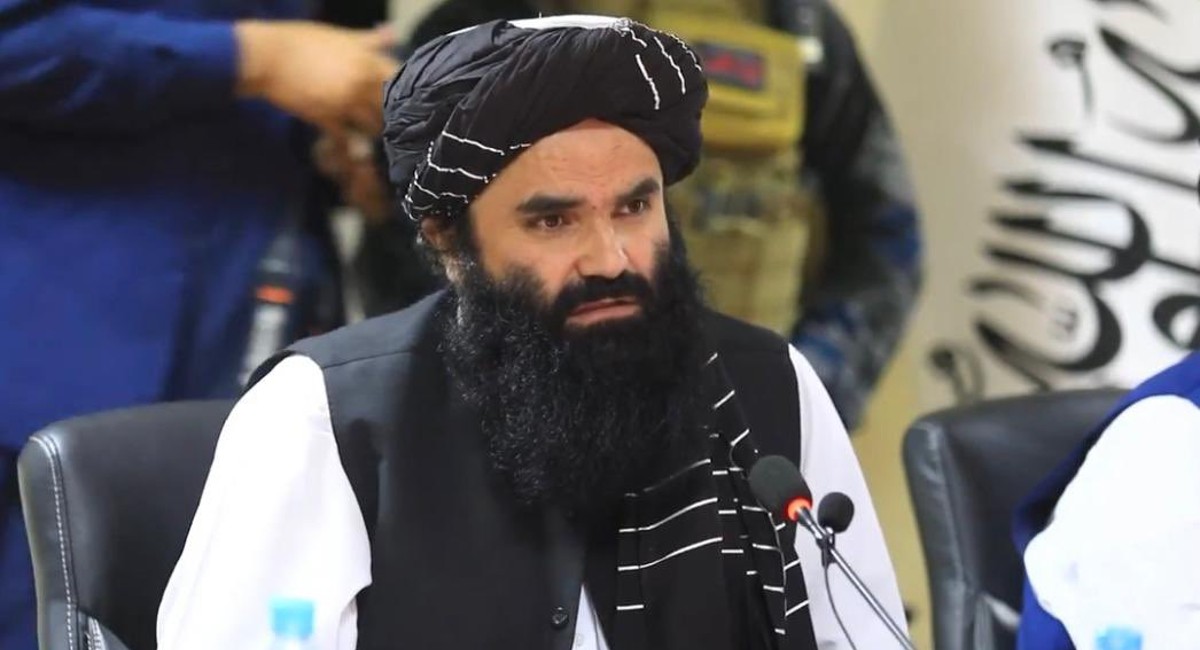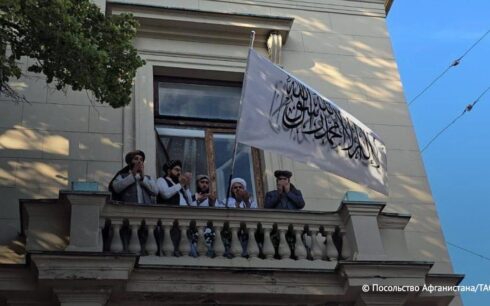KABUL, Afghanistan — Three days after the United States removed reward offers for three senior Haqqani Network figures from its “Rewards for Justice” program, the Taliban’s leadership, particularly its Kandahar-based faction, has remained publicly silent.
The names of Sirajuddin Haqqani, deputy Taliban leader and interior minister, along with Aziz Haqqani and Yahya Haqqani — both senior members of the network — no longer appear on the U.S. State Department’s rewards website. However, Sirajuddin Haqqani and the Haqqani Network remain listed as designated terrorists on multiple U.S. government watchlists, including those maintained by the FBI and the State Department.
Previously, the U.S. had offered a $10 million reward for information leading to the arrest of Sirajuddin Haqqani, and $5 million each for Aziz and Yahya Haqqani. The State Department had also cited Sirajuddin’s close ties to al-Qaeda.
The apparent removal of the rewards came just two days after a U.S. delegation visited Kabul — a move that some analysts have linked to behind-the-scenes diplomacy, including possible negotiations around hostage releases and counterterrorism cooperation.
Despite celebrations among individuals close to the Haqqani Network, the Taliban’s central leadership has remained silent. The Taliban’s chief spokesperson has Zabihullah Mujahid not responded to multiple requests for comment from Amu.
In a speech delivered in Kandahar last year, Sirajuddin Haqqani publicly admitted the network had carried out over 1,000 suicide attacks in Afghanistan — operations that resulted in the deaths of thousands of civilians and military personnel. The statement drew condemnation from war victims and human rights advocates who say such individuals should face justice, not leniency.
Michael Kugelman, director of South Asia programs at the Wilson Center, suggested that the U.S. move may be linked to narrow objectives such as securing the release of American detainees or recovering U.S. military equipment left behind during the withdrawal.
“The U.S. has limited goals in Afghanistan — freeing hostages, retrieving equipment, and potentially seeking Taliban help in targeting ISIS,” Kugelman said. “Removing the rewards could serve as an incentive.”
Others, including Sarah Adams, a former CIA officer, have criticized the decision, citing Haqqani’s alleged role in directing suicide bombings against U.S. and NATO forces, as well as involvement in the August 26, 2021 bombing at Abbey Gate outside Kabul airport, which killed 13 U.S. troops and over 170 Afghans.
The U.S. State Department has yet to issue a formal explanation for the removal of the rewards. In response to Amu’s inquiry, the department stated it would respond “soon.”





